A government for the people?
IT WAS Abraham Lincoln (1861-1865), 16th US president, who declared a: “Government of the people, by the people, for the people, shall not perish from the Earth.” Another revolutionary, Mao Zeedong (1873-1976), once said: “If we have shortcomings, we are not afraid to have them pointed out and criticized, because we serve the people.”
Events, recent and past, put into question the revolutionary messages. Are Filipino politicians, their appointees and allies concerned about the welfare of the country’s citizens, many of whom contribute tax revenues into the government treasury? Do they serve the people?
There are rumblings among the populace about national and local governance. This is out of frustration over continuing and new malpractices. They frequently ask the question: Why is this happening?
A classic example are the intentional delays in the issuance of construction and occupancy permits by local government units (LGUs). There are ways to expedite the process if one bypasses the standards of morality.
With respect to infrastructure development, the horror stories are many. The barangay captain along a major northern road will not issue a permit unless the company comes across a “once in a lifetime” bounty. Or a provincial governor who insists that the gravel and sand be drawn from within his province, when cheaper supply can be obtained from an adjacent province.
And what about temporary restraining orders (TROs) that delay infrastructure construction? As is, the Philippines is way behind Asean peers in infrastructure and logistics efficiency.
From Arangkada Philippines:
(a) “In mid-2008, a mayor of a northern Mindanao town where a large Asian shipbuilder was planning to invest $2 billion and hire over 20,000 workers insisted that the foreign investor use a certain gravel supplier. A second mayor insisted all persons he recommended be hired. They told the investor he could not go ahead without complying with their demands. These problems and the global recession have delayed project start-up.
(b) A foreign computer animation firm located in the PEZA zone in Cebu considered moving its operations because the mayor was attempting to extort money.
(c) A relative of a politician set up an illegal association for truckers to join. Truckers who did not pay their dues had their tires shot as they approached a Batangas port.
(d) LRT-7 light rail project: In 2010, while in the stage of obtaining project financing, several newly elected mayors of municipalities through which the rail will pass requested that they approve the design and location of the stations.”
(http://www.investphilippines.info/arangkada/climate/local-government/)
Oil palm producers in one section of Mindanao have complained that they have to pay “tolls” to every LGU they pass through before reaching the palm oil mill. These taxes increase their transport costs and reduce their profits.
The mayor acts as labor contractor to a piggery in Luzon town. When a new mayor gets elected, he replaces the workers in a piggery with his own recruits.
In September 2013, the insurgents from Front 72 in Makilala, North Cotabato town burned the Standeco rubber processing plant as the owner refused to pay their excessive “taxes.” Some 250 workers lost their jobs. (http://www.mindanews.com/top-stories/2013/09/04/). Investors have shied away from the countryside because of extortion. This is unfortunate as rural poverty is near 40 percent of some 50 million rural folks.
And what about “revolutionaries” burning the heavy equipment of a mining firm in Isabela, of pineapple farm in Bukidnon and Misamis Oriental? Or torching construction equipment for a private airstrip of banana farm in South Cotabato, and a road project in Agusan del Sur? How many jobs are compromised? How many potential investors are turned away? How can the high Mindanao poverty be solved without investment?
Serving the people?
The people have to wait for months for the issuance of their driver’s licenses. Vehicle owners wait for too long for their new vehicle plates. The supply chain process is very simple. Why the delay?
We the people elect officials to govern well and to make society better. Who will sanction public officials for these wrongdoings?
A director of the General Santos Chamber of Commerce laments: “Change can only happen if the populace makes an intelligent choice and companies have the political will to say no to corruption. Otherwise history repeats itself.”
The Dalai Lama once said: “Our purpose in life is to help others. And if you can’t help them, at least don’t hurt them.”
(The article reflects the personal opinion of the author and does not reflect the official stand of the Management Association of the Philippines or MAP. The author is the Vice Chair of the MAP AgriBusiness and Countryside Development Committee, and the Executive Director of the Center for Food and AgriBusiness of the University of Asia & the Pacific. Feedback at <[email protected]> and <[email protected]>. For previous articles, please visit <map.org.ph>)
Read more: http://business.inquirer.net/207416/a-government-for-the-people#ixzz4bTPbHB8J
Follow us: @inquirerdotnet on Twitter | inquirerdotnet on Facebook
